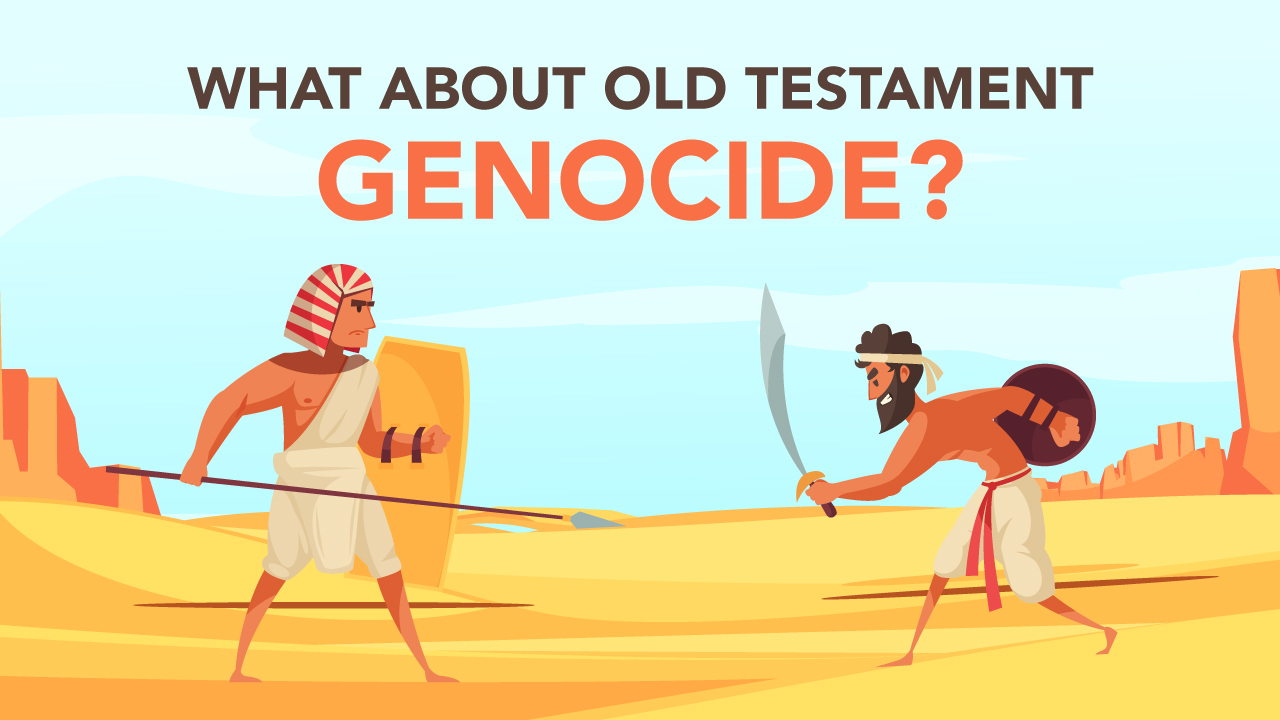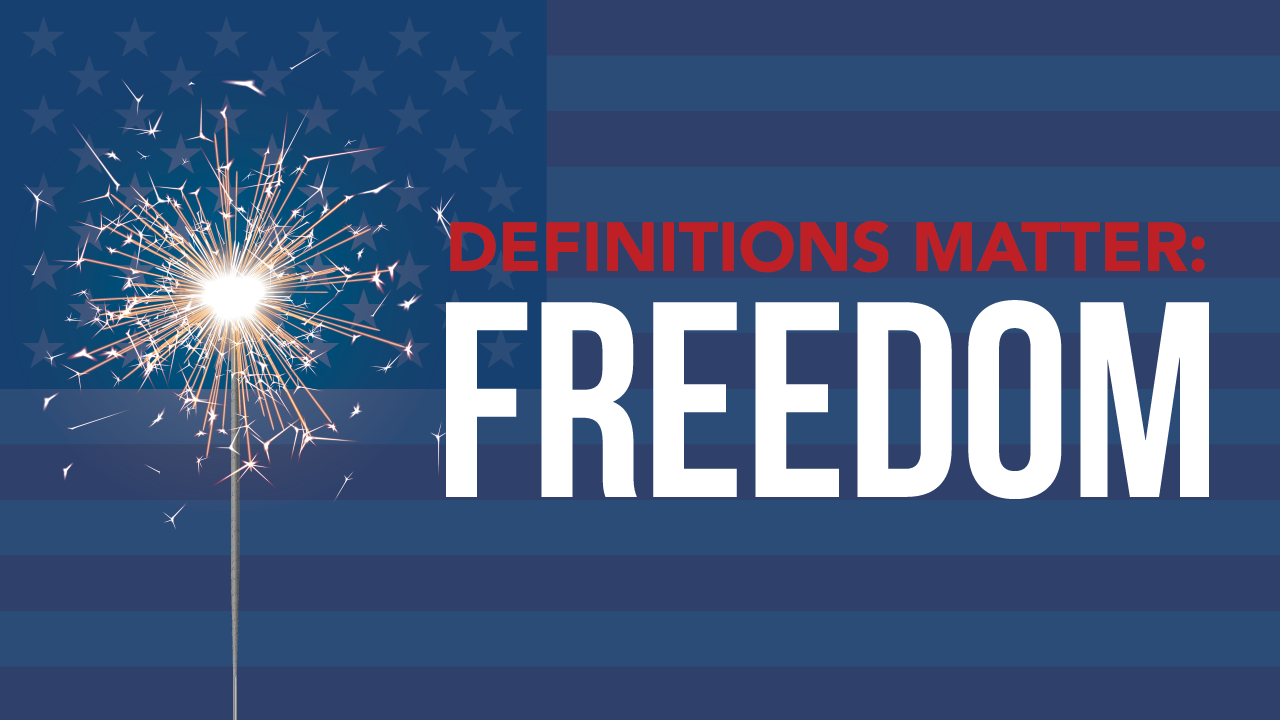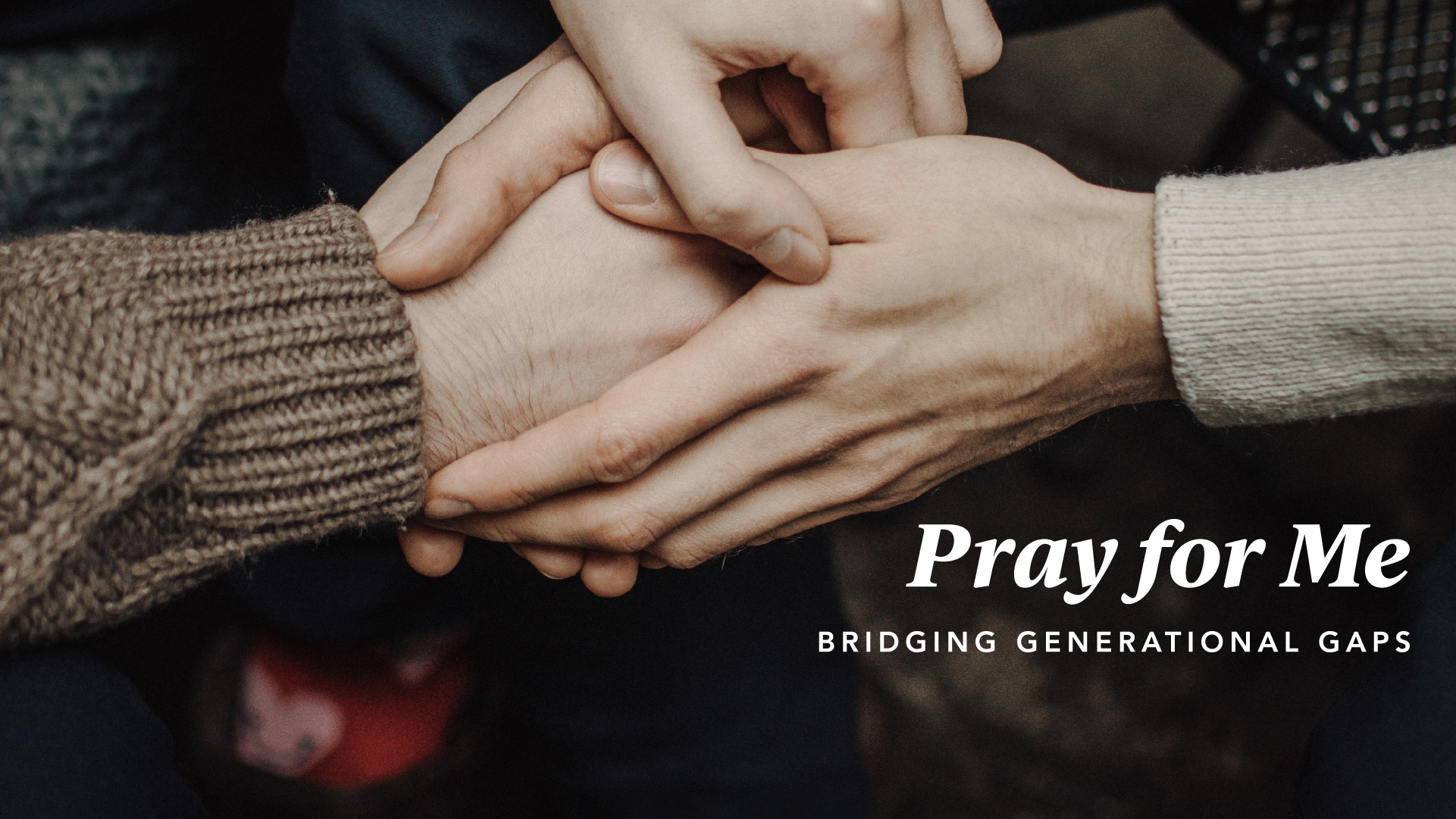Is Critical Theory Practical?
What Would You Say?
- Transcript
- Watch More
You’re in a conversation and someone says, “Critical theory helps identify and end oppression, so anyone who cares about putting a stop to oppression should support critical theory. ” What would you say? Critical theory is the idea that any human society can be divided into two groups: those who have power and those who don’t. According to critical theory, those who have power always oppress those who don’t. Therefore any institution, relationship, and belief system established by those in power is best understood as a tool of oppression. The categories of oppressor and oppressed can be further divided into smaller categories based on things like race, gender, religion, immigration status, income, sexual orientation, and gender identity. Whether you are an oppressor or one of the oppressed is determined by your group identity. As a result, almost everything, including institutions like police, government, religion, and the family are tools used by some to oppress those in other groups. Although all of us should care about ending unjust oppression, critical theory is not helpful in doing this, and here are four reasons why. First, power and oppression does not explain everything. Critical theory says that power is the best way to understand everything. But is that true? Some relationships have a clear hierarchy, like employers and employees, or teachers and students. Some institutions, like governments and the police, also represent power. But power dynamics are not the best way to understand everything. Relationships like parenting and marriage are best understood in terms of love and respect, not power. While everything is capable of corruption, institutions like hospitals are not best understood as tools of oppression either. Things like mathematics, science, and even theology should be analyzed in terms of truth, not power. Assuming that every institution or field of study is a tool of oppression denies us the opportunity to learn what they have to teach us. Oppression exists, but reality is not that one-dimensional. There is malice, but there is also love. Exploitation is real, but so is charity. Viewing everything as a tool of oppression misrepresents the world as it is. Which leads to the second point. Second, power and privilege are relative concepts. In critical theory, things like race, sexual orientation, and gender determine whether we are part of the oppressed or one of the oppressors. While we are all unique, characteristics that may be an asset in one context could be a liability in another. For example, what makes you privileged in New York City, may make you oppressed in Iran. Individuals who are privileged in a meeting of the Southern Baptist Convention may be oppressed across the street at a gathering of the Human Rights Campaign. Reality doesn’t support the idea that a person will always be oppressed because of X or always be privileged because of Y. In the same way, the idea that all women, all Chinese people, or all Muslims have the same experience just isn’t true. Which leads to the third point. Third, lived experience is not an infallible guide to truth Critical theory argues that the lived experience of oppressed groups gives them unique insights into truth that should not be challenged. While everyone deserves to be heard, no one should be above critique because we’re all capable of being wrong. Does an allergic reaction to vaccines mean I have unchallengeable access to truth about vaccine safety? Does a religious experience give rise to an unchallengeable claim to religious truth? Every parent understands that it is very possible to feel oppressed without actually being oppressed. Our experiences are important, but they are not all that’s important. In a broken world, experience leads us away from truth as often as it leads us to it. Our experiences should be understood, but one reason life is best lived in community is that we’re all capable of misunderstanding our experiences. Parents, friends, counselors, teachers, and pastors can share perspectives that may not be obvious to us. The input critical theory calls oppression, might actually be wisdom. Which leads to the fourth point. Critical theory is self-defeating because it ignores the power dynamics it creates. Critical theory claims that any when one group that gains dominance over another it should be overthrown. In some places, however, critical theory has the power. Therefore, by it’s own rules, in places like public universities, critical theory should be overthrown by those it silences and oppresses, who, coincidentally, happen to be the same people critical theory overthrew to begin with. Effectively, critical theory calls for endless revolution and discontent in the name of preventing anyone from ever having power. Though the abuse of power is undeniably bad, social order is undeniably good. Critical theory confuses influence for power. We don’t hate influence or even power, we hate it whenever influence and power are used in wrong ways. Instead of revolting against everything that has influence, we should see to it that cultural influences are used on behalf of what is good, true, and beautiful. Critical theory identifies a real problem, but gives us nothing to aspire to. We don’t want to be mad at each other all the time, we want to understand how a world full of people who are different can live together cooperatively. That certainly requires us to understand how power dynamics work, but it requires us to understand many other things as well. So next time someone tells you that decent people should embrace critical theory because critical theory opposes oppression, remember these four things. Power and oppression does not explain everything. Power is real, and oppression exists. But so does love, kindness, respect, and charity. And sometimes they’re a better explanation for what we see. Power and privilege are relative concepts. Your privilege may not extend to the next room, much less the next country. Lived experience is not an infallible guide to truth. We all have unique experiences and we all deserve to be understood. But our experiences don’t make us right and none of us is above critique. Critical theory is self-defeating because it ignores the power dynamics it creates. Once the oppressed take power from the oppressors, that makes them the oppressors. And then we start all over again. What sense does that make? For what would you say, I’m Joseph Backholm.


